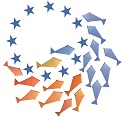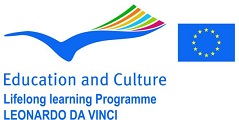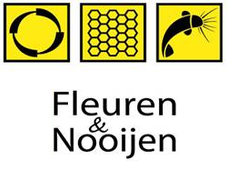
Platform for European Sports Fisheries and Aquaculture

 |
Platform for European Sports Fisheries and Aquaculture |
 |
|
Home
Partners Overview Curricula Glossary Contact |
One goal of this project is the development of a curriculum for students conforming to EQF level 5. This curriculum will be the basis for adult learning, i.e. life long learning as a part of vocational training. Even if it may not be clear from the different modules, it is felt that mobility is a key requirement for this type of education. Thus, the different modules should be provided by different specialized Institutions in Europe, while the students take the respective courses at different places. Especially private enterprises are encouraged to provide courses and lessons, while accreditation is done by the certificate issuing institutions. Level 5 EQF in Aquaculture or Sports Fisheries is a 120 credit qualification that consists of 80 core credits, including a minimum of 40 credits from the free choice Units.
Each country may have additional requirements prior to achieving a Level 5 EQF diploma. It is important that the learner and learner provider are aware of any additional requirements by studying the NQF of that particular country. This project has been funded with support from the European Commission. |
Sponsored Content:  |
||||||||||||||||||||||||||||||||||||||||||||||||||||||||||||||||||||||||||||||||||||||||||
| Disclaimer |